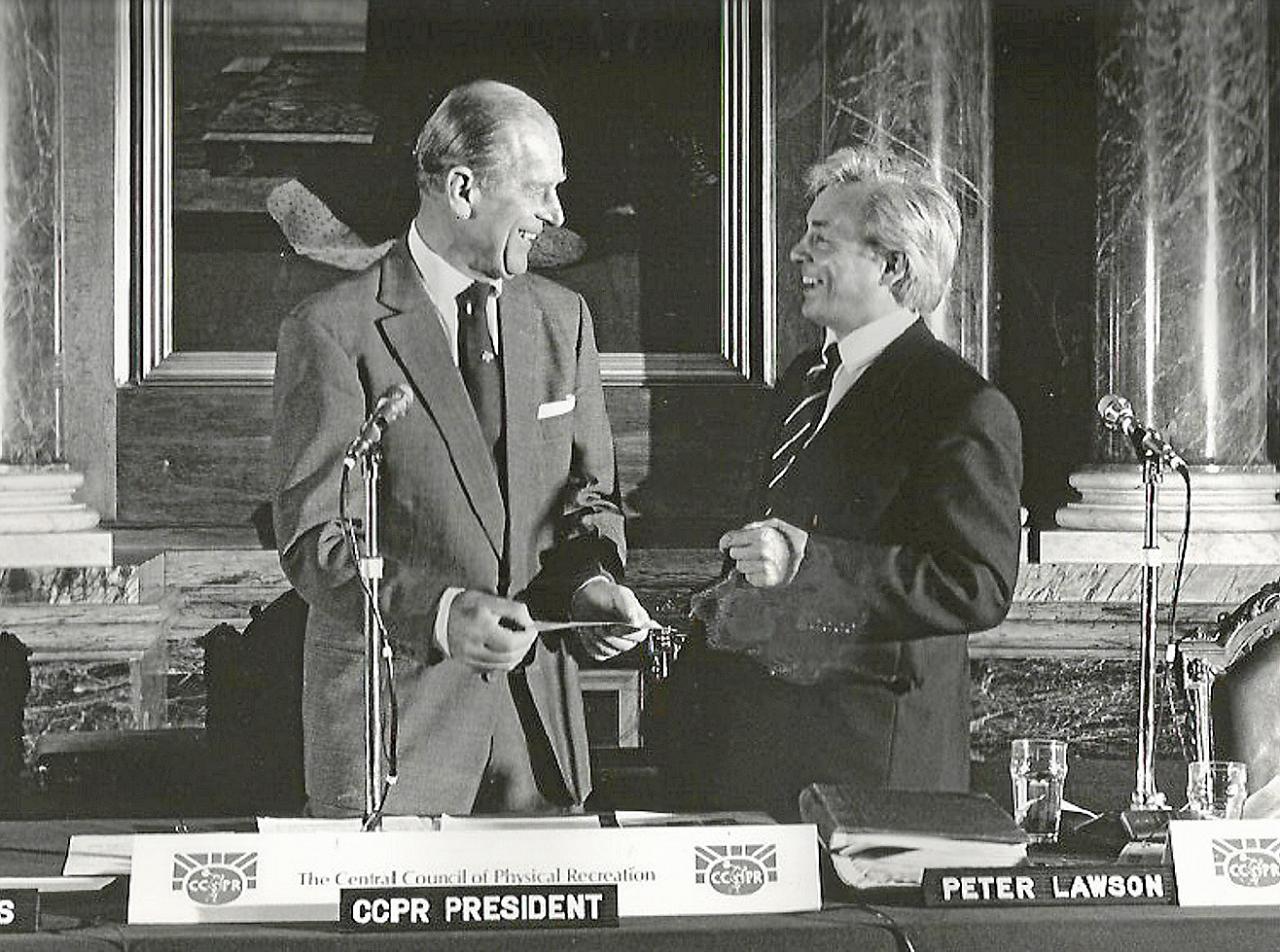Three cheers for the Prince of Candour
My column: Donald Trelford
Three cheers for the Prince of Candour & The grammar school killer
Also in News
- Spain wants Britons to show they have 113.40 euros, £97, per day for their holidays
- Major security alert at Mallorca airport, surprise landing of flights from Morocco and Namibia
- Big changes on the horizon when Britons travel to Mallorca
- Over two hours for Britons to get through Palma airport queues
- Living in a motorhome in Palma: "It'll only get worse"


No comments
To be able to write a comment, you have to be registered and logged in
Currently there are no comments.